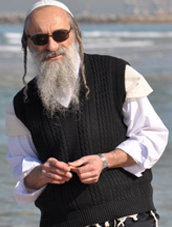 Rabbi Lazer Brody is a graduate of the University of Maryland’s College of Agriculture and decorated veteran of Israel’s Special Forces, Rabbi Lazer is a kaleidoscope of talents and a sought-after author, spiritual guide, and speaker. Tamar Yonah, popular radio host of Israel National Radio says, “Rabbi Lazer has the rare ability to establish bonds with every type of person from the totally secular to the ultra-religious; all of Israel loves him.” Now, with the release of "Calming Waters," we discover a whole new side of Rabbi Lazer, that of musician and composer.
Rabbi Lazer Brody is a graduate of the University of Maryland’s College of Agriculture and decorated veteran of Israel’s Special Forces, Rabbi Lazer is a kaleidoscope of talents and a sought-after author, spiritual guide, and speaker. Tamar Yonah, popular radio host of Israel National Radio says, “Rabbi Lazer has the rare ability to establish bonds with every type of person from the totally secular to the ultra-religious; all of Israel loves him.” Now, with the release of "Calming Waters," we discover a whole new side of Rabbi Lazer, that of musician and composer.
“Calming Waters” defies description. It’s a collection of Rabbi Lazer’s original compositions that penetrate directly to the soul. The composer’s fingerprints are all over the music, which expresses a love for creation and a love for The Creator. The music also defies cubby-holing: native-American flavored melodies intertwine with strains of folk, gospel, and Kabbalistic-sounding strains that simply took my breath away when I first heard them. Even on second and third listening, my eyes glistened. The common denominator of all the eleven tracks of “Calming Waters” is that they’re a soothing delight to the ear, heart, and soul.
Rabbi Lazer plays a very special instrument – the native American flute. In fact, he has six of them, from the pocket-size soprano flute to a 27-inch base flute. They’re all handmade from North American wood – walnut, cedar, or birch.
Breslev Israel: Rabbi Lazer, I've been listening to "Calming Waters" for a week now ever since Tisha B'Av was over. I don't know how to describe it – it's soothing, relaxing – it just makes me feel good. What's the secret?
LB: "Calming Waters" is music for the soul. Each melody is the result of a lot of prayer, particularly personal prayer, what we call hitbodedut. Our sages say that something that comes from the depths of one heart have the power of penetrating another heart. My music is more than a product of my heart; it's a gift from Hashem and the result of loads of hitbodedut.
Breslev Israel: How are the songs in the album connected to hitbodedut?
LB: Rebbe Nachman of Breslev teaches us to be in tune with creation, to derive the wisdom inherent in every creation. King David teaches that each creation has its own melo
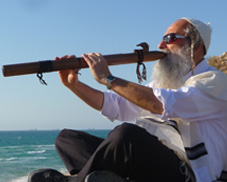
dy. Therefore, if you pay close attention to each creation, you can literally hear its song.
Breslev Israel: Are you serious? That sounds a little far-fetched…
LB: It is for a person who has his head wrapped up in the material world. But the more you're in tune with Hashem, the more you're in tune with all of creation. The Ariza'l and the Baal Shem Tov could understand the language of the birds and the animals. Any sensitive farmer or horticulturist can tell if a plant or tree is happy or not. Spirituality – especially emuna – connects a person to the rhythm of creation. The Zohar says that when you truly believe in Hashem, you help sustain creation.
Breslev Israel: Are there specific melodies in "Calming Waters" that reflect that "rhythm of creation" that you're talking about? And how's that connected to your hitbodedut?
LB: Rebbe Nachman says that when you pray out in the field, all of creation joins in your prayers. I have found that the place I pick for personal prayer actually influences my prayers. This is reflected on most of the melodies in the album. For example, the lead song, "Calming Waters," comes from my hitbodedut on a secluded stretch of beach not far from my home in Ashdod, on Israel's gorgeous Mediterranean coast. This melody really relaxes and sooths the soul, for you can almost feel the incoming waves washing over you and cleansing you of your tension and anxiety, while the outgoing waves carry all your emotional refuse out to sea. You are left clean and refreshed. In Ashdod, especially in the sand banks of the Lachish River before it pours out to the Mediterranean, you'll find a very special bird called the sandpiper. I saw one of these delightful little feathered friends during hitbodedut, and it inspired the track named "Sandpiper." The same thing happened with a desert wolf that I saw on a hill down in the desert after sundown – it was really majestic, and it gave birth to a Cherokee-flavored melody by that name.
Breslev Israel: How did you get involved with the Native American flute?
LB: When I first heard the sweet strains of the native American flute, I knew that it would become the vehicle of my musical expression. As a boy, I learned to read and write music and play woodwinds, especially clarinet. Over the years, my music fell by the wayside. I found out that I could express myself musically in ways that I couldn’t verbally or with the written word.
Breslev Israel: What’s so special about the Native American flute?
LB: From all my research, it filtered down through Diaspora and exile from our Holy Temple to the American Indians.
Breslev Israel: How?
LB: King David played and composed special songs for flute, such as Psalm 5. He also gave flutes their immense popularity. During the coronation of his son King Solomon, “All the people were playing flutes and exceedingly happy” (Kings I, 1:40). King Solomon built the first Holy Temple in Jerusalem, where music played a central role. The Talmud alludes to the type of flute that the Levites there played, a 5 or 6-hole version made of wood, bone, or bamboo.
Breslev Israel: That’s interesting. So how did the Indians in North America get a hold of this flute?
LB: Many classic researchers such as Adair and Edwards strongly believed that certain Native Americans were descendents of the Lost Tribes of Israel. In the case of the Cherokee Nation, modern DNA findings reinforce this theory. It’s therefore most likely that the Native American flute – the same ones that I play in "Calming Waters," has its origins in the hills of Judea and in our Holy Temple in Jerusalem.
Breslev Israel: Your flute music is said to have healing qualities. In what way?
LB: Insofar as these melodies gladden the soul, they are conducive to physical health too, for the various parts or “lights” of the soul correspond to the parts of the body.
Breslev Israel: Would you recommend that people use these melodies as a background to inspire prayer and meditation.
LB: Undoubtedly. First, use this music to relax. Second, prayer in words only is subject to a bombardment of outside thoughts and disturbances that destroy one’s intent; “Calming Waters” therefore helps focus prayer by uniting the brain and the heart. The stronger and better-focused the prayer, the more resistant it is to the Evil Inclination, which tries to destroy the prayer or block its ascent.
Breslev Israel: Which is your favorite track?
LB: That’s like asking me which is my favorite bodily appendage, Tal. “Cast My Eyes” and “Desert Wolf” have a distinct native American flavor. “500 Miles” is a ballad and “Tree of Life” has a hint of gospel in it. The title track “Calming Waters” and “Yearning” are ointments for the soul. “Sandpiper” is Middle-Eastern flavored.
Breslev Israel: Is there anything you’d categorize as “Breslev” influenced?
LB: For sure – “Three-Sided Shoe” is the theme song of the simple shoemaker from Rebbe Nachman’s tale of “The Simple and the Clever.” That simple shoemaker is my role model.
Breslev Israel: What makes “Calming Waters” so special?
LB: First of all, this project is the first of its kind here in Israel. Second, the CD gives the listener more than an hour of listening pleasure. Third, Hashem sent me help from some really special individuals: Yosef Nechama, my “brother” and international travel partner who is Breslev Israel’s general director, does everything first class, just like he did when he was cast director of “Ushpizin.” He coordinated the production of the disc itself and the gorgeous full-color brochure that comes with it, explaining each individual track. The musical arrangements, editing, and production are the products of my two very special “spiritual brothers,” Menachem Herman and Jeff Horvitch. Not only are the tops in Jewish music, but they’re world-class performers and arrangers. I can’t begin to express my gratitude to them – their heart and soul went into this project.
Breslev Israel: Rabbi Lazer, thank you so much for your time and for “Calming Waters.”
LB: I thank Hashem for both, Tal, and for everything else in my life.
Breslev Israel: May you be blessed with the strength to continue spreading the light of happiness and emuna wherever you go, amen!
“Calming Waters” is available for purchase
here.
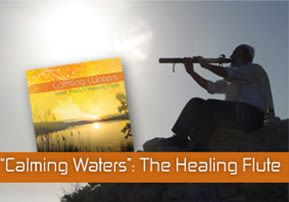

 Rabbi Lazer Brody is a graduate of the University of Maryland’s College of Agriculture and decorated veteran of Israel’s Special Forces, Rabbi Lazer is a kaleidoscope of talents and a sought-after author, spiritual guide, and speaker. Tamar Yonah, popular radio host of Israel National Radio says, “Rabbi Lazer has the rare ability to establish bonds with every type of person from the totally secular to the ultra-religious; all of Israel loves him.” Now, with the release of "Calming Waters," we discover a whole new side of Rabbi Lazer, that of musician and composer.
Rabbi Lazer Brody is a graduate of the University of Maryland’s College of Agriculture and decorated veteran of Israel’s Special Forces, Rabbi Lazer is a kaleidoscope of talents and a sought-after author, spiritual guide, and speaker. Tamar Yonah, popular radio host of Israel National Radio says, “Rabbi Lazer has the rare ability to establish bonds with every type of person from the totally secular to the ultra-religious; all of Israel loves him.” Now, with the release of "Calming Waters," we discover a whole new side of Rabbi Lazer, that of musician and composer. dy. Therefore, if you pay close attention to each creation, you can literally hear its song.
dy. Therefore, if you pay close attention to each creation, you can literally hear its song.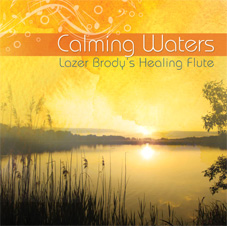
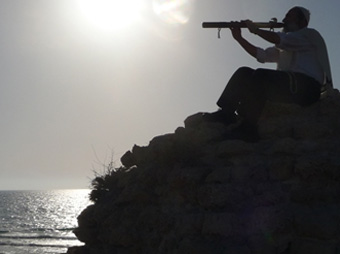


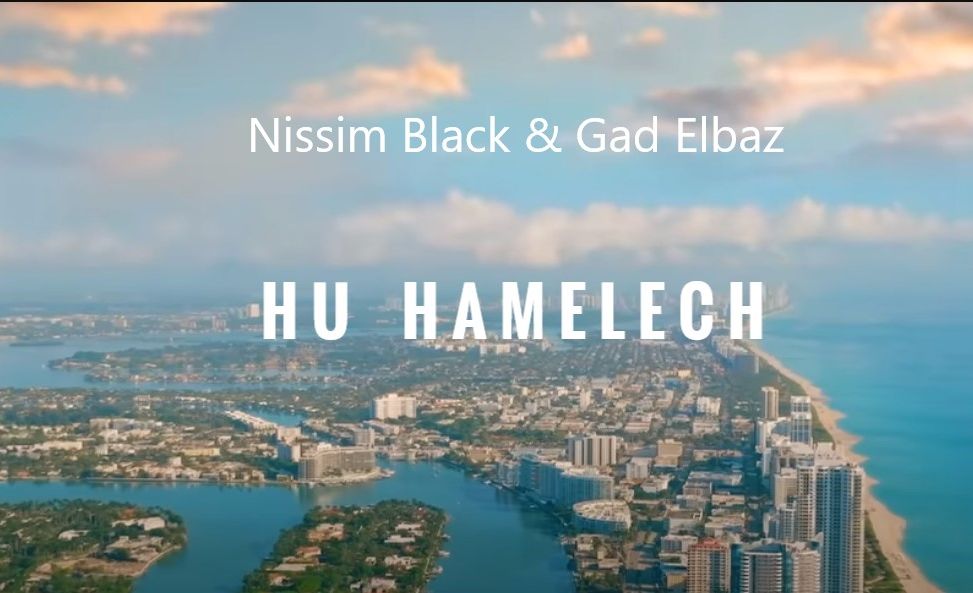
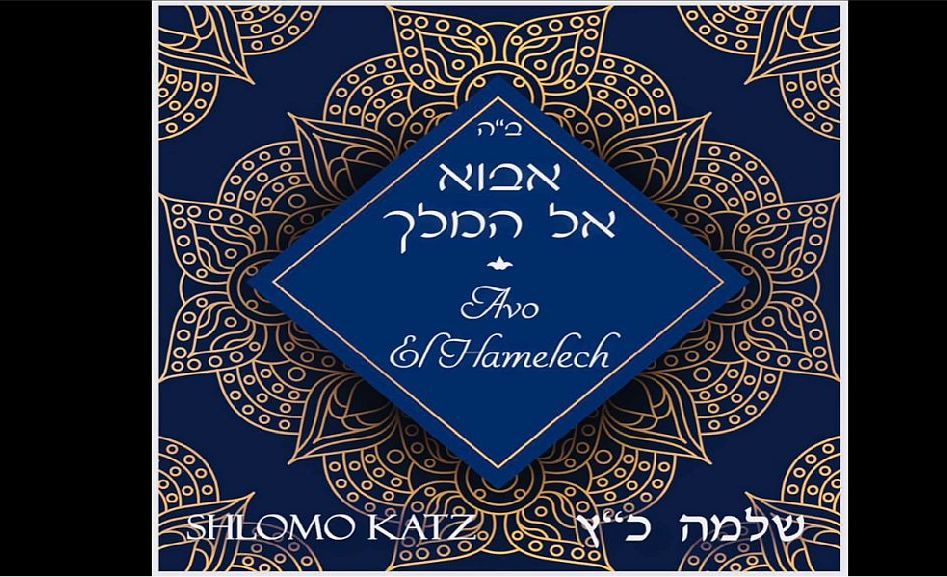

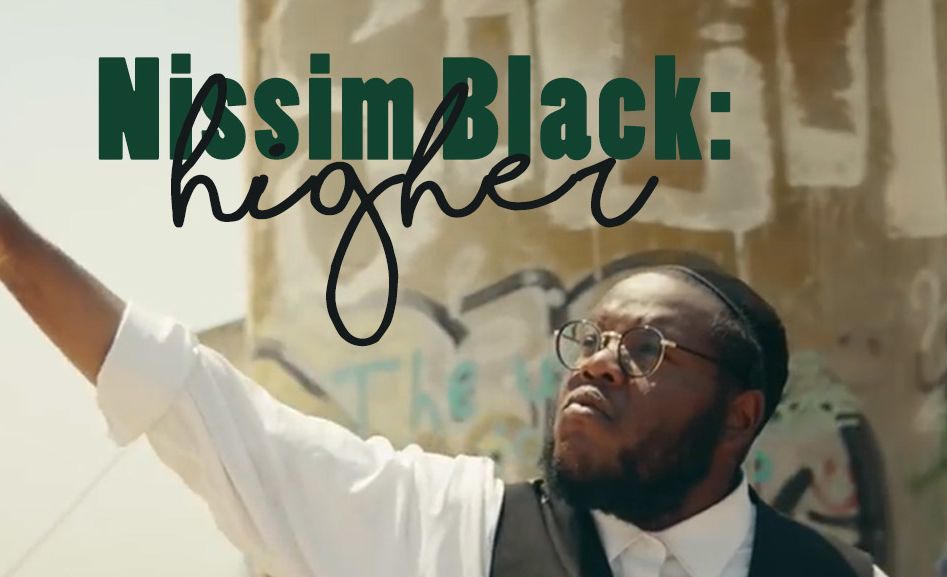
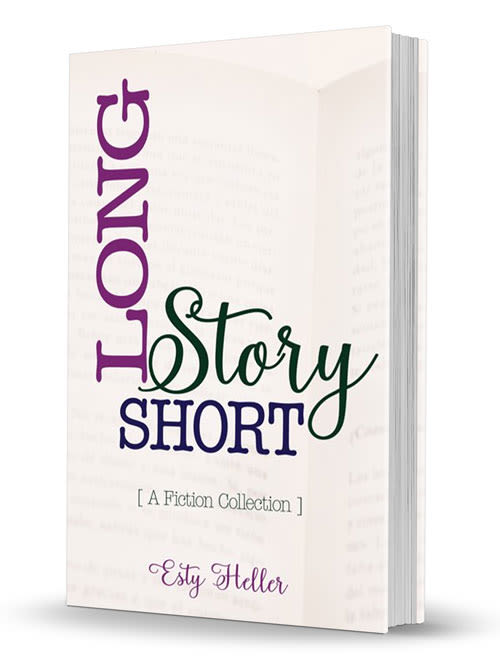
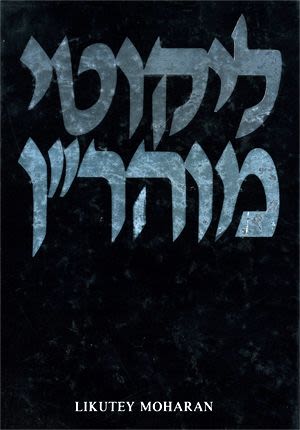

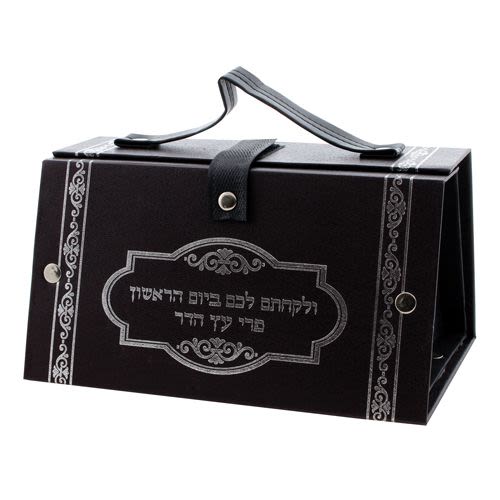
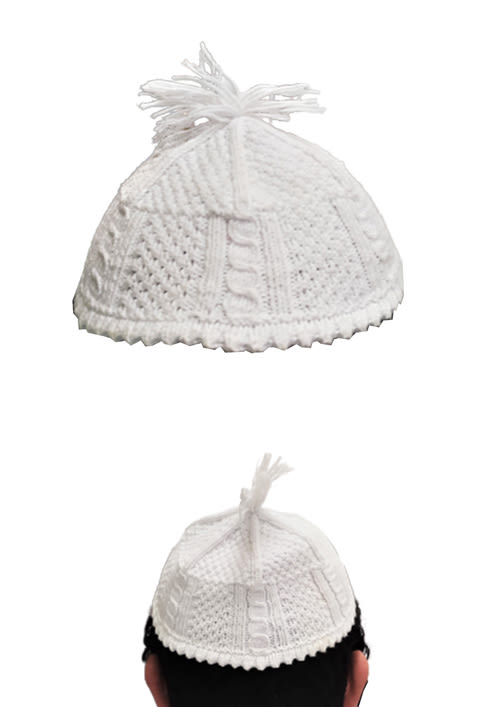
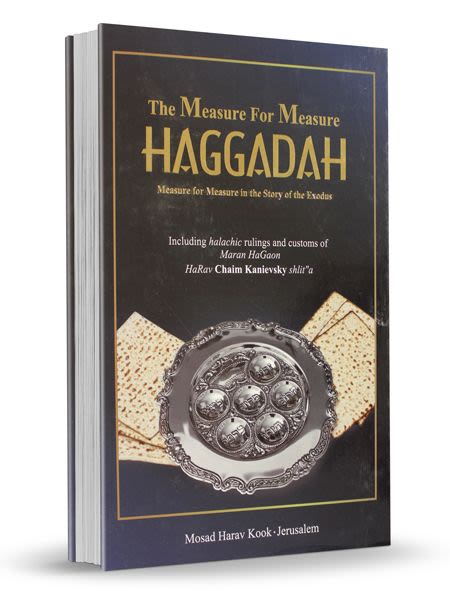
Tell us what you think!
Thank you for your comment!
It will be published after approval by the Editor.